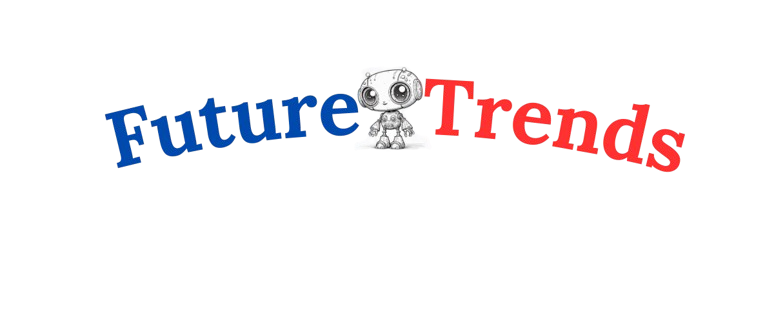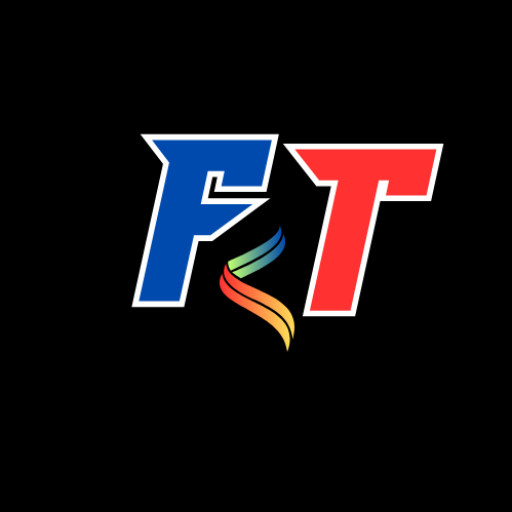
Librarians are the guardians of knowledge, providing access to a world of information. If you have a passion for books, learning, and helping others, becoming a librarian might be the perfect career for you. This guide will take you through every step of the journey, from education to gaining experience, and even advancing in the field. Let’s dive into how you can make a successful career as a librarian.
What Does a Librarian Do?
Librarians manage information and resources to support the learning, research, and reading needs of their communities. In today’s digital age, their roles have expanded beyond just books. Here’s a quick overview of their responsibilities:
Key Responsibilities of a Librarian
- Managing Collections: Organizing and maintaining books, e-books, journals, and digital archives.
- Assisting Patrons: Helping users find information, whether it’s through traditional methods or online databases.
- Event Planning: Coordinating events like book readings, literacy programs, and community outreach activities.
- Digital Literacy Training: Educating patrons on how to use digital resources and databases.
- Library Management: Handling administrative duties such as budgeting, library staff management, and policy formulation.
Types of Librarians
Librarian can specialize in various fields, including:
- Public Librarians: Work in community libraries, serving the general public.
- School Librarians: Support students and teachers in educational institutions.
- Academic Librarians: Work in universities and colleges, assisting with research and academic materials.
- Digital Librarians: Manage online databases and digital resources.
- Archivists: Focus on preserving historical documents, records, and artifacts.
Educational Pathways to Becoming a Librarian
Step 1: Earn a Bachelor’s Degree
The initial step toward a career as a librarian is obtaining a bachelor’s degree. Although there is no specific undergraduate degree required, fields like English, History, and Library Science are highly recommended.
- Suggested Coursework: Information management, research methods, literature studies, and basic computer skills.
- Gaining Early Experience: Volunteering or working part-time in libraries during college can provide valuable hands-on experience.
Step 2: Pursue a Master’s in Library Science (MLS/MLIS)
Most professional librarian positions require a Master’s in Library Science (MLS) or a Master’s in Library and Information Science (MLIS).
- Importance of ALA Accreditation: Make sure to choose a program accredited by the American Library Association (ALA) to improve job prospects.
- Core Subjects: Cataloging, digital libraries, information organization, library ethics, and management.
- Top Universities Offering MLS/MLIS: Universities like the University of Illinois, University of North Carolina, and Syracuse University are renowned for their library science programs.
Step 3: Obtain Specialized Certifications
Depending on the library type, additional certifications may be required or preferred. For instance, school librarians may need teaching certification. Digital and archival librarians often benefit from courses in digital preservation and database management.
For more interesting blogs, visit our site: https://futuretrendz.co.uk/
Building Experience: Internships and Volunteering

Step 4: Internships and Volunteering
Practical experience is essential to securing a librarian position. Internships and volunteer work in libraries help build skills and networks.
- Where to Find Opportunities: Reach out to community libraries, university libraries, and special collections departments.
- Skills Gained: Customer service, cataloging, database management, and event organization.
Step 5: Work Experience in Related Fields
Experience in related roles can also be beneficial, such as:
- Research Assistant: Helps with information retrieval and data management.
- Teaching Assistant: Builds experience in instructing and guiding students in research.
Licensing and Certification Requirements
Step 6: Licensing Requirements
In certain states, librarians—especially those in public and school environments—must obtain a license. Since requirements differ by location, it’s crucial to review the specific regulations in your area.
- School Librarians: Often need both a teaching license and library media certification.
- Public Librarians: May need state-specific certification depending on the size of the library.
Step 7: Continuing Education
Librarians often need to continue their education to stay up-to-date with new technologies and library management techniques.
- Professional Development: Workshops, online courses, and attending library conferences can help maintain certifications and expand knowledge.
- Key Organizations for Training: American Library Association (ALA), Society of American Archivists, and the Public Library Association (PLA).
For more interesting blogs, visit our site: https://futuretrendz.co.uk/
Advancing Your Career as a Librarian
Step 8: Career Pathways
A career in library science can lead to various roles with increasing responsibility:
- Entry-Level Positions: Library assistant, library technician.
- Mid-Level Roles: School librarian, reference librarian, media specialist.
- Advanced Roles: Library director, information specialist, digital librarian.
Step 9: Join Professional Associations
Joining professional associations can help you stay connected with industry trends and network with other professionals.
- Notable Associations: American Library Association (ALA), Special Libraries Association (SLA).
- Benefits: Access to job boards, conferences, mentorship programs, and exclusive training resources.
Key Considerations for Aspiring Librarians

Job Market and Future Trends
The demand for librarians is evolving as digital libraries and technology integration become more significant.
- Job Market Analysis: While some traditional roles are declining, demand for digital librarians and archivists is growing.
- Projected Growth: The U.S. Bureau of Labor Statistics projects a steady demand for librarians, especially in specialized areas.
- Salary Expectations: The average salary for librarians is around $60,000 per year, but this varies based on location, specialization, and experience.
For more interesting blogs, visit our site: https://futuretrendz.co.uk/
Short FAQs About Becoming a Librarian
1. Do I need a master’s degree to become a librarian?
Yes, most librarian positions require a Master’s in Library Science (MLS) or Library and Information Science (MLIS) from an ALA-accredited program.
2. Can I become a librarian without a degree?
While a bachelor’s degree is a minimum requirement, most professional roles also require an MLS/MLIS. However, roles like library assistants may not require advanced degrees.
3. How long does it take to become a librarian?
Typically, it takes about 6-7 years, including 4 years for a bachelor’s degree and 2-3 years for an MLS/MLIS program.
4. What skills are important for a librarian?
Key skills include organization, research abilities, customer service, digital literacy, and knowledge of cataloging systems.
5. How can I advance my career as a librarian?
Gaining experience, pursuing specialized certifications, and networking through professional associations can help advance your career.
Conclusion
Becoming a librarian is a rewarding journey that blends a love of knowledge with the desire to help others access information. With the right education, practical experience, and a commitment to professional growth, you can thrive in this field. As the role of librarians continues to evolve in the digital age, there are countless opportunities for those passionate about guiding others through the world of information.
By following this comprehensive guide, you can make informed decisions on your path to becoming a successful librarian. Remember, the journey might be long, but the rewards of connecting people with knowledge make it all worthwhile. Happy reading and good luck on your path to becoming a librarian!
Learn more about emerging trends at Future Trendz.







